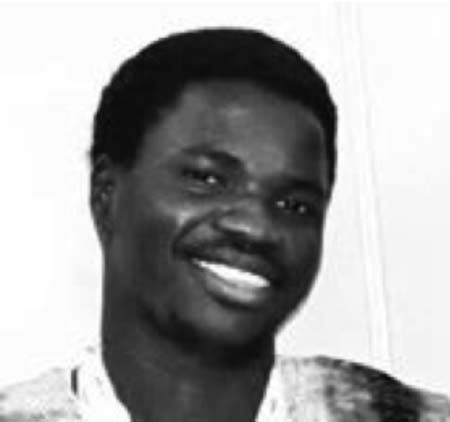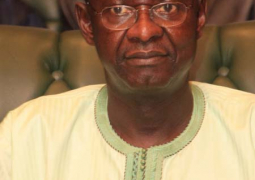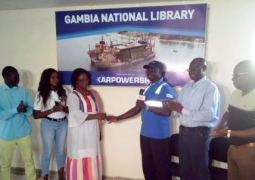
Mr John told the court he recognised the accused person, adding that sometime in October 2014, he received a phone call through the accused person for him to identify five participants from Banjul, to be part of other groups that would select one participant including himself for training.
He said after selecting the five participants from each group, he communicated back to him and he further informed him that the training should be for five days.
The accused person told him to inform the five participants that the training would take place at Tango, which they did, he told the court.
He said that when they went to the venue, the accused person called and asked him to ask for one Mr Baldeh, who welcomed them to the training activity.
The trainers asked them to introduce themselves to the other participants and the trainer later explained the background of the training session, he said.
He added that during the training exercise, they were given questionnaires whilst filling the manual guideline.
Based on the questionnaires they were given, the witness continued, other participants asked the trainers whether they have clearance, but they answered in the negative.
The trainers only said they would address the issue through the accused person, Mr John told the court.
He said that since then other participants started withdrawing from the training, because of the issue of clearance.
He added that during the training, they were also trained on how to do a sketch plan.
He said the trainers themselves later went outside for nearly a 30 minutes break, and after the break collected all the questionnaires and later gave them a test, but they were not happy with the result.
The other participants later told them they could no longer continue with the training if there was no clearance, he said.
However, the defence counsel raised an objection on the grounds that what the witness was saying was hearsay, which was not admissible under the Evidence Act.
He said the court should not allow hearsay evidence, and no court should rely on that.
In response, state counsel Faye said that what the witness was saying was not hearsay evidence, citing section 19 and 20 of the Evidence Act to back up his submission.
“We submit that what the witness is explaining is not hearsay, but he was in direct contact with the accused before the training,” he told the court.
The trial magistrate overruled the objection of the state counsel and said the court considered the last paragraph of the witness as hearsay evidence and not admissible under the laws of The Gambia.
The case was adjourned for today.



